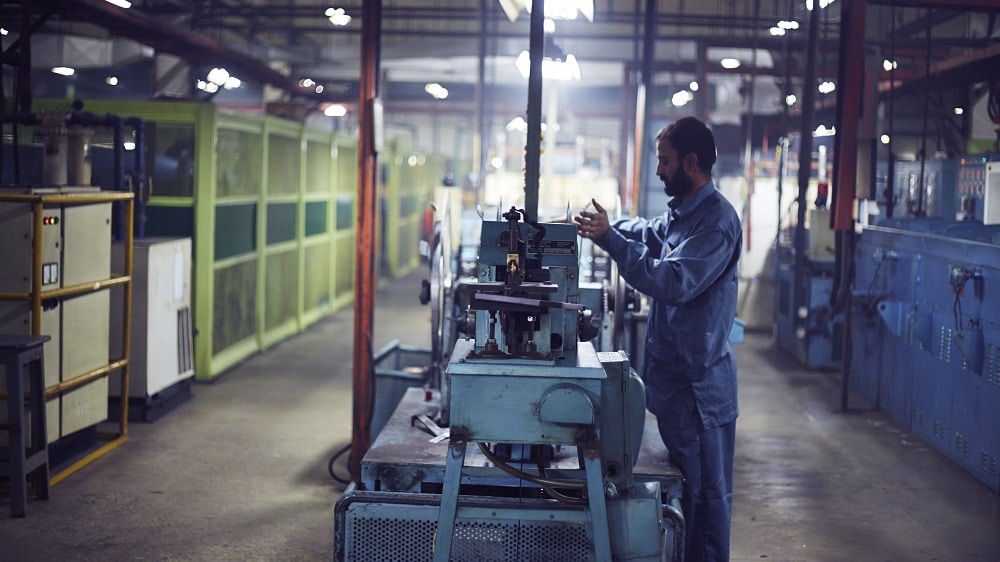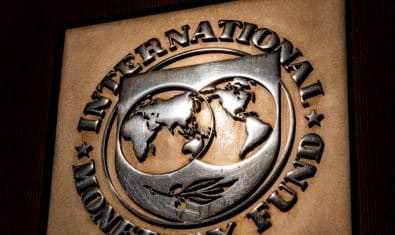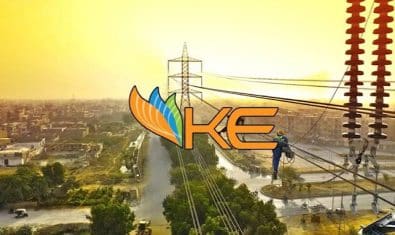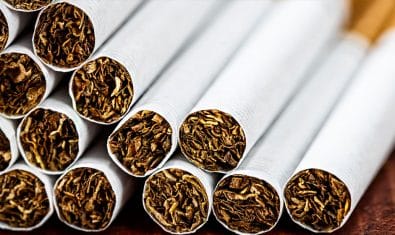According to the latest data released by Pakistan Bureau of Statistics, large-scale manufacturing (LSM) sector posted a 5.52 percent growth in February over the same month in 2017 as infrastructure uplifts boosted cement and steel off-takes, while auto demand continued to increase.
However, compared to January, it decreased 1.5 percent in February, Pakistan Bureau of Statistics (PBS) data showed.
Data showed that non-metallic mineral products, including cement (up 11.3pc), automobiles (7.99pc) and iron and steel products (12.6pc) were the main catalysts of monthly growth in the industrial outputs.
ALSO READ
IMC Says Toyota Cars Have no Problems With Local Fuel Standards
In July-February, the sector, which accounts for 80 percent of manufacturing, increased 6.24 percent, which is in line with the target of 6.3 percent for the current fiscal year of 2017/18.
“The production in July-February 2017/18 as compared to July-February 2016/17 has been significantly increased in food, beverages and tobacco, coke and petroleum products, pharmaceuticals, non-metallic mineral products, automobiles, iron and steel products, electronics and paper and board while decreased in fertilizers and leather products,” PBS said in a statement.
All the three data collection authorities registered an increase in production during February.
Oil Companies Advisory Council, logging outputs of 11 oil and petroleum products, measured 16.28 percent rise in output during the month. Cement production also rose 10.73 percent year-on-year to 3.405 million tons in February.
The central bank said that public sector infrastructure projects and private investment in housing schemes increased demand of steel products and cement.
Sales of automobiles continued to increase in February as lower interest rates encouraged consumers to get cars on auto finance.
The increase in demand for passenger cars can largely be explained by rising incomes, upsurge in popularity of online ride-hailing services, and easy access to affordable bank finance.
PBS data further showed that in the July-February period, electronics production rose 38.79%, followed by iron and steel products (30.85%), automobiles (19.58%), non-metallic mineral products (11.87%), coke and petroleum products (10.26%), pharmaceuticals (9.44%), paper and paper board (8.06%), rubber products (6.83%), engineering products (5.21%), food, beverages and tobacco (2.33%) and textile (0.47%).
Wood products recorded a 27.32% drop in production in the first eight months of the current fiscal year, followed by leather products (7.91pc), fertilizers (7.36pc) and chemicals (0.63pc).


























